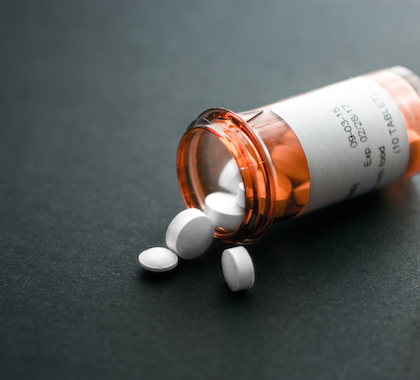A new study by the Schaeffer Center for Health Policy at USC highlights the need for decisive action by the President, Congress, and federal anti-trust regulators to curb abuses by medical market middlemen that are driving up prices, causing drug shortages, and harming patients. The USC study found that 1.6 million consumers overpaid $135 million during 2013 because pharmacy benefit managers (PBMs), which administer prescription claims for insurance companies, charged co-pays higher than drug retail prices.
An even greater problem is an obscure provision of the Medicare law that allows medical market middlemen like PBMs and group purchasing organizations (GPOs), which act as purchasing agents for large healthcare institutions, to demand kickback payments from drug companies in exchange for exclusive sales contracts. This misguided law and the system of anti-competitive kickbacks it has spawned have caused severedrug shortages exceeding 400 annually for most of the decade and price increases harmful to patients across America.
This situation is tragic and unnecessary. The original Medicare law wisely contained an anti-kickback provision that made it illegal to pay or receive kickbacks in exchange for any contract for medical products or services paid for with government funds. Lobbyists for GPOs convinced Congress in 1987 to grant them an exemption, known as a “safe harbor,” from having to comply with the Medicare anti-kickback provision. Federal regulators kissed the industry on the other cheek in 2003 by extending the exemption to PBMs.
The kickback scheme created by the “safe harbor” is directly responsible for drug shortages and price hikes because it has destroyed the economic incentive to produce many critical life-saving medicines. GPO kickbacks have strangled drug makers’ profit margins so severely that they can’t earn a sufficient financial return to justify remaining in production.
Furthermore, with their profits under siege by GPOs, many drug companies have not been able to afford to invest adequately in plant maintenance and quality control. This has exposed them to warning letters, fines, and plant shutdowns resulting from adverse FDA inspections as well as expensive product recalls and settlements in liability lawsuits stemming from contaminated medicines. This combination of high risk and low profit has driven many manufacturers out of the market leaving the U.S. with only one or two suppliers of critical drugs.
In one notorious case, Irving, TX-based Vizient LLC (formerly Novation), the largest GPO, extracted fees from Bedford, OH-based Ben Venue Laboratories greater than 56 percent of its revenue for diltiazem, a generic used to treat high blood pressure and angina. Ongoing pressure on its finances from GPO fees and subsequent underinvestment in plant maintenance and quality control forced Ben Venue to shut down production at its Bedford facility in early 2012 after FDA inspectors found egregious unsanitary conditions there. This sparked immediate shortages of generic chemotherapy drugs like methotrexate, the preferred agent for treating childhood leukemia, and Doxil, the best remedy for treating advanced ovarian cancer.
Thousands of women and children suffering from these diseases experienced life-threatening treatment delays as a result. Ben Venue later closed the facility permanently in 2013, emphasizing the financial unsustainability of continued production, which worsened shortages of the affected medications.
The decision of Teva Pharmaceuticals to stop producing propofol, a preferred surgical anesthetic, is another example of the devastating effects of GPO kickbacks on supplies of critical drugs. Like Ben Venue, Teva’s profit margins were under pressure from GPO fees, which caused underinvestment in quality control and maintenance resulting in adverse FDA inspections and warning letters prior to the firm’s exit. Anesthesiologists have reported that unavailability of propofol has resulted in multiple deaths, patients waking up during surgery, and other adverse outcomes.
The GPO industry lobbied hard to win this cash cow from Congress and has fought tooth and nail to preserve it. It is regrettable that the FTC, DOJ Antitrust Division, HHS, and Congress have fallen into the service of crony capitalism rather than committing themselves to looking out for the wellbeing of citizens. President Trump should make good on the promises in his State of the Union address by challenging these organizations to promote repeal of the safe harbor and restore competition in America’s drug markets so they will serve the public interest.
[First published at Investor’s Business Daily.]





